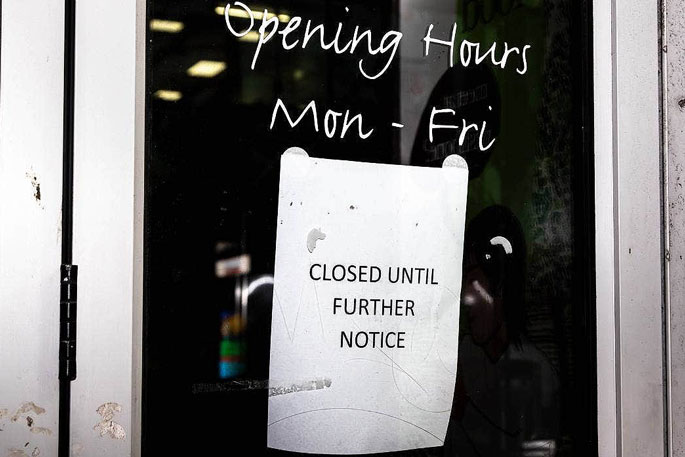In recent months, there have been a number of stories about companies going bust and taking customer deposits with them.
All Black TJ Perenara was expecting to lose up to $40,000 he paid as a deposit on a pool after the business went into liquidation last month.
Container Pools also went under, with some customers having paid up to three-quarters of the cost of their pools.
A Tauranga couple paid Modern Kitchens in Tauranga a 25 per cent deposit of $2500 for a small kitchen renovation and the company was liquidated soon after.
“Consumers are losing out and the law allows this to happen,” they say.
Outdoor living goods retailer 4 Seasons was also placed into receivership, owing creditors an estimated $8.5 million. Up to 300 customers were told they would not have their orders delivered or have their deposits returned.
“I was phoned by my builder the next day informing me that 4 Seasons had gone into receivership that morning with PWC overseeing it.
“We have just received an email tonight from their assistant manager stating that we will not be receiving our money back, and that we have essentially gifted 4 Seasons $3500 to pay down their debts.”
So how can you protect yourself from being caught in the same way?
Under insolvency law, customers who have paid a deposit for a product or service become unsecured creditors. They rank behind creditors such as the bank, which have security.
If a company is in receivership or liquidation, a lot of the time there is not enough money to go around, so unsecured creditors can end up receiving very little, or nothing at all.
Paul Verić, co-founder of IPromise, a software as a service tool that enables businesses and their customers to commit to jobs and services without payment until the work is completed, says payment problems are even more prevalent than his team first thought when they launched the software.
”Unsecured deposits or payments made in advance for work not completed is extremely risky because no one can predict what might happen in the future preventing customers from receiving the goods or service that they have pre-paid for.
”We all know that the majority of businesses and customers are honest and want to do the right thing. Customers deserve to have their payments protected and businesses deserve to get paid immediately when the agreed job is done without having to wait for weeks, sometimes months chasing up payments.”
Consumer NZ communication and campaigns manager Jess Walker, says overseas consumers have better protections in insolvency situations.
“We’d like to see better protections for consumers here,” she says.
First, Consumer’s advice is to try and keep deposits as small as possible and always hold on to receipts.
“If you’re required to pay a higher deposit, check out the trader you’re dealing with before paying it. Be wary of companies asking for higher deposits than the industry norm. Also, if you paid for a product or service by credit or debit card, talk to your bank to see if you can get a chargeback.”
Consumers should also make a claim straight away with the liquidator and if they paid for the product or service by credit or debit card, talk to their bank to see if they could get a chargeback or refund.
Nick Firth, partner at Minter Ellison Rudd Watts, says there has been fewer business failures in the past decade because the economy has been strong.
It's unfortunate when consumers are caught out, he says.
“Where a business goes into liquidation shortly after accepting deposits then this may indicate that the directors have not met their obligations.
“Creditors generally lose out more frequently when the economy deteriorates and more businesses fail, which are starting to see more of. Unfortunately, that can also bring out poorer behaviour in those who run businesses, leading to greater risk-taking by directors and greater risk of loss to creditors.”
But he doesn't think New Zealand’s insolvency regime needs to be changed to protect consumers.
“The most important thing is to ensure that all New Zealanders have a working understanding of their rights, particularly as the economy is deteriorating somewhat.”



0 comments
Leave a Comment
You must be logged in to make a comment.